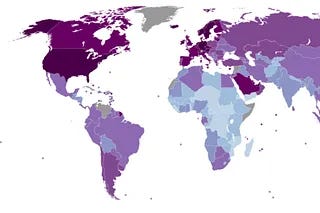Policy Risk Monitor – February 21, 2025
A weekly news scan of key policy areas to help firms identify and monitor policy risks.
Trump Executive Orders
Trump Seeks Direct Control of Independent Agencies with Executive Order
President Donald Trump is seeking more authority to shape the regulation of the financial system through additional review of “independent agencies.” In his executive order, “Ensuring Accountability for All Agencies,” Trump states that it is “the policy of the e…
Keep reading with a 7-day free trial
Subscribe to Policy Risk Report to keep reading this post and get 7 days of free access to the full post archives.


